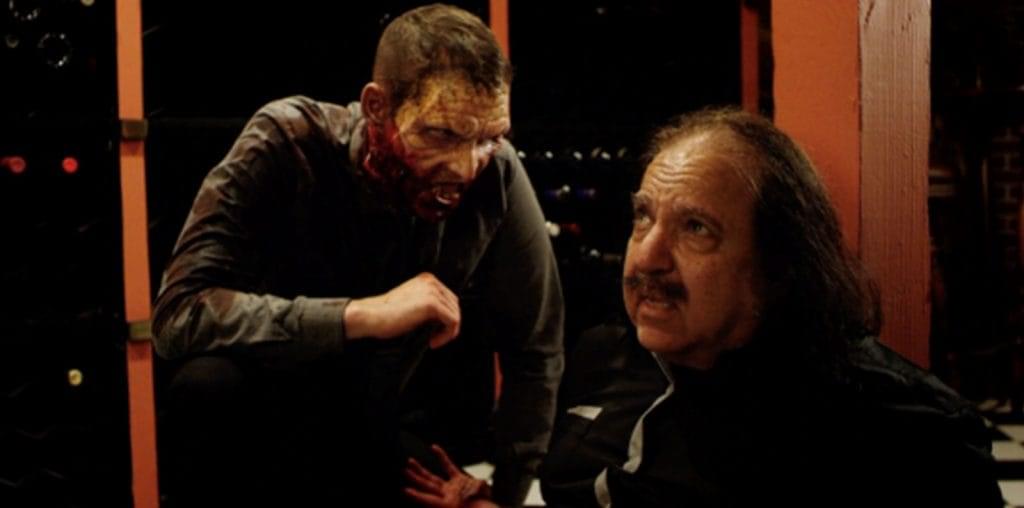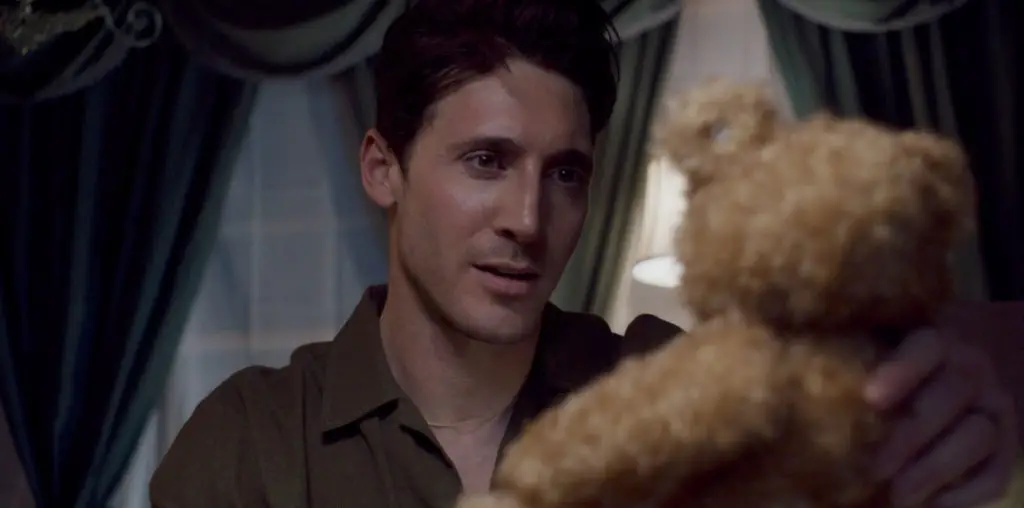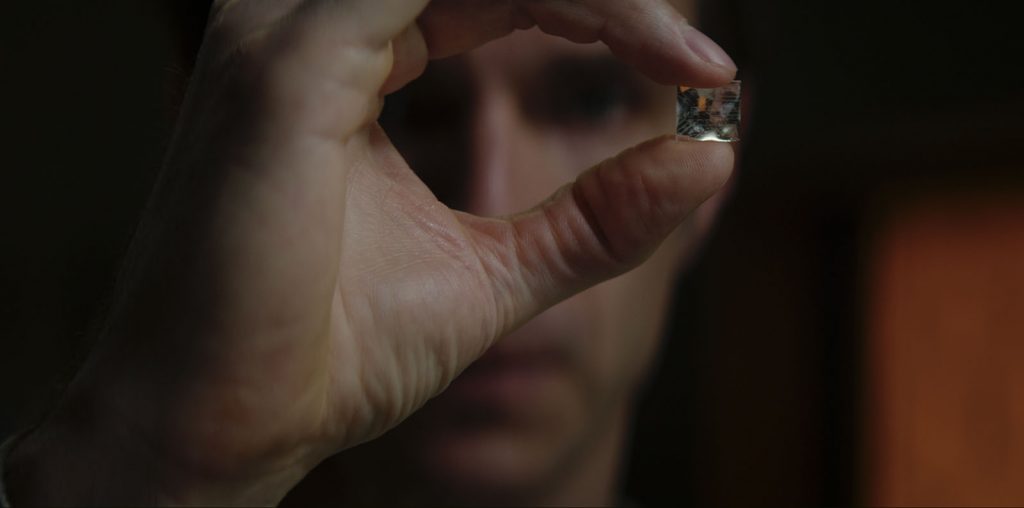
One of the finer films of the early fall season, “The Damned United,” a small British import, chronicles nearly a decade in the sport of soccer — the name as we Americans have long misidentified it. Like the metric system, everywhere else it’s football. (There’s also the argument about who drives on the “wrong” side of the road.) Stateside, we might be confused by the players, teams, and leagues in England, occasionally noticing the miniscule game scores in the rear pages of a newspaper’s sports section. Heaven knows we have our own football to deal with, particularly here in Washington with the dreadful Redskins.
But let’s get back to more pleasant things. The movie, an entertaining, character-driven piece from director Tom Hooper, both educates and elevates a significant moment in the history of this massively passionate spectator sport. Hooper, one of the more acclaimed period television directors, brought us the epic, Golden Globes/Emmy Award winning “John Adams” and “Elizabeth I.” Now, with his first real theatrical film, he continues to show us he can craft an inspired film from a great story.
The abrasively talented coach Brian Clough (Michael Sheen) and his on-and-off relationship with his staff, players, and family are what “The Damned United” is all about. There’s a smattering of fighting and football footage – mostly stock or possibly recreated footage (the technical aspects, especially cinematographer Ben Smithard’s wonderful use of de-saturated, steely blue color, make the film appear is if it was actually shot back in the 1960s and 1970s). But it’s the off-the-field shenanigans that offer the rawest energy. Somewhat flamboyant, overly outspoken, and extremely ambitious Clough and his trusty Man Friday, er, associate coach, Peter Taylor, have their own bittersweet association as they traverse the minefield of English soccer.
Michael Sheen and Timothy Spall earn immensely high marks for their portrayals of Brian and Peter; that former of whom played celebrated figures as Tony Blair (“The Queen”) and David Frost in Ron Howard’s “Frost/Nixon,” is reunited with screenwriter Peter Morgan. It’s a delicious collaboration that spans “The Deal” (2003, tv), “The Queen” (2006), last year’s “Frost/Nixon” (based on Morgan’s debut play starring Sheen and Frank Langella), and now with Morgan’s adaptation of Yorkshire born and raised David Peace’s book The Damned Utd. Sheen, also known to younger generations for his appearances in the “Underworld” vampire/werewolf trilogy, really nailed David Frost, and, from what I heard from people on the other side of the pond, he again offers a spitting incarnation with his latest role. Even if you’re not comparing the real person to his fictionalized counterpart, the acting (not just by Sheen) feels eerily realistic. Very strong across the board.
Spall, one of the finest character actors working today, gained considerable praise with his crucial role as Maurice, a photographer, in Mike Leigh’s “Secrets and Lies” (1996). He’s also gained fans with his interpretation of Peter Pettigrew in the Harry Potter films, gained traction for his Beadle in “Sweeney Todd: The Demon Barber of Fleet Street,” and, for the sheer, magical fun of it, as Nathaniel, another type of manservant, in Disney’s reinventive “Enchanted.” It’s a pleasure to catch Spall and Sheen play off one another. We’ll get another dose of the two soon, as both will be appearing in next year’s “Alice in Wonderland” starring Johnny Depp.
Colm Meaney, another veteran of the big and small screen (most notable as Chief Miles O’Brien on “Star Trek: The Next Generation” and “Star Trek: Deep Space Nine” [yes, I watched all the Star Trek episodes]) appears as the legendary Don Revie, the beloved and arrogantly successful coach of Leeds United, and in whose shoes Clough must step as the film begins. The marvelous Jim Broadbent, the centerpiece of Hooper’s biopic “Longford,” which also concerns a controversial subject of the 1960s, returns as a supporting player, as Sam Longson a.k.a. Mr. Chairman, a seemingly appreciative but ultimately pissed off (at Clough) chairman of the Derby County team.
As the film starts in July 1974, the on-field dirty tricks of fake falls and fist fights has made the Leeds football team the key to its many aggressive, victorious seasons under its long time coach Revie. The bigheaded Clough arrives to replace Revie, who has become the manager of the English Football Team, and wants to imprint his own thoughts on “proper football” to clean up the team’s viciousness. No sooner than he arrives, he’s stepping into a hornet’s nest, or two. Clough’s actually no stranger to controversy (as those who follow the sport know), and we learn about his earlier troubles as the film progresses, or actually regresses back six years, when Clough and Taylor are taking coaching positions with a lower tier team, Darby County. Director Hooper takes both stories forward until they link up, developing the rivalry angle in the formative years with Darby, and the problems Clough’s causing at his new home in Leeds, while also showcasing the growing rift between Clough and Taylor. There’s a delicious story of blind ambition being told, and being told well.
“The Damned United” will be savored and appreciated when considered for year-end prize consideration. Don’t wait till then to see it.


